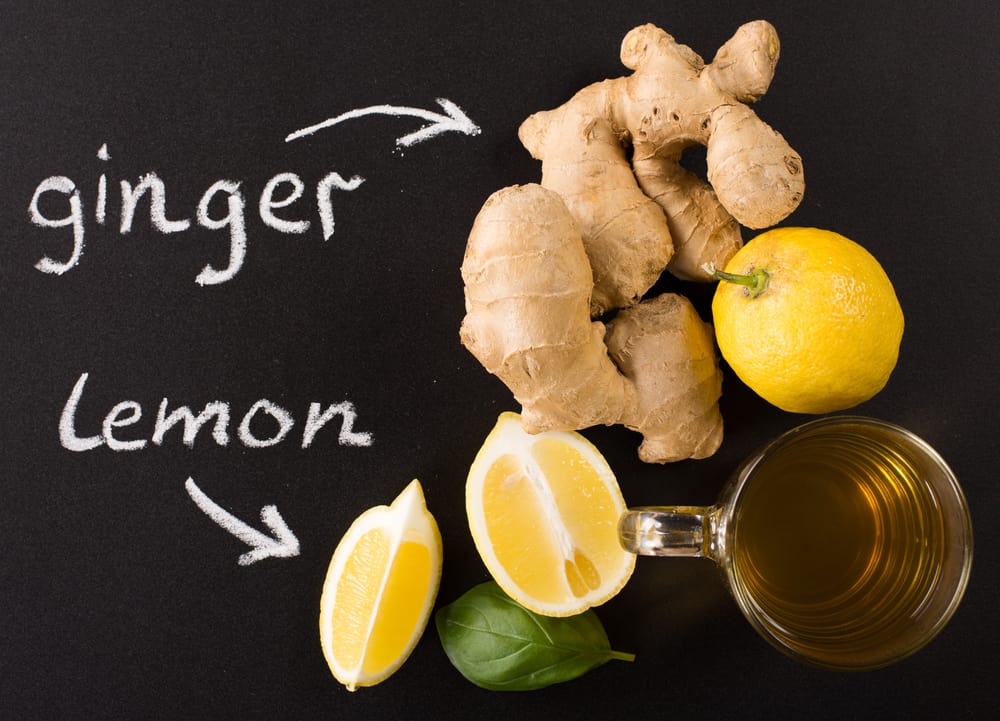Contents:
- Medical Video: How a Woman Lost Over 200 Pounds
- What is a slow metabolism and why does it cause obesity?
- Causes of metabolic slowdown
- How to deal with a slow metabolism
- 1. Increase protein consumption
- 2. Do weight lifting and high intensity exercise
- 3. Consumption of cold water regularly
- 4. Simultaneous consumption
- 5. Reduce solo activities
- 6. Eat spicy food
Medical Video: How a Woman Lost Over 200 Pounds
Metabolism is the term for various bodily chemical processes that function to maintain survival, one of which is by maintaining energy balance. Although it goes on and on, the metabolic process does not run constantly but processes quickly or slowly because it is influenced by various factors, and this can happen to anyone. If the metabolism becomes slow, the result is a decrease in the use of food reserves and trigger obesity.
What is a slow metabolism and why does it cause obesity?
There are three metabolic mechanisms that occur in our body:basal metabolic rate (BMR), energy metabolism for activity, and energy metabolism to digest food. BMR has the biggest proportion in our body, which is equal to 50-80%, because this mechanism has a role to maintain various organ functions and balance between fat and muscle. In general, a slow metabolism occurs due to a slowdown in energy combustion for activities, and the BMR mechanism.
The function of the metabolic process is to provide energy, and replace damaged body cells by breaking down nutrients and food or fat reserves. When metabolism is slow, the body will be more difficult to process food to produce energy. As a result, there is a decrease in muscle mass and the body stores more fat layers.
Causes of metabolic slowdown
Here are some things that cause the body's metabolism to tend to be slower:
- Elderly - The aging process causes the body to more easily lose various body tissues, one of which is muscle tissue. Decreasing muscle mass will slow down the metabolic process while reducing the availability of energy for activities.
- Lack of calories - Dieting is extreme without adjustments, and calorie intake is less than normal, causing the body to produce less energy and slowing down metabolism. In a long time, this also causes the body to lose muscle mass.
- Mineral deficiency - Some of the minerals needed to maintain metabolism are iron and iodine. Iron deficiency can cause disruption of oxygen distribution to muscle tissue to burn fat. While iodine deficiency affects the performance of thyroid hormones so that it can slow down metabolism.
- Lack of complex carbohydrates - fiber from whole wheat, vegetables, and fruit is a good source of carbohydrates for the body because it can produce more calories, but less stored as fat.
- Lack of physical activity - more energy needs when exercising triggers the body to start a metabolic mechanism. By exercising regularly, the body can maintain better muscle mass and accelerate the BMR mechanism after exercise.
- Too much alcohol consumption - Because alcohol can interfere with the process of burning fat, excessive consumption also causes the body to use alcohol more often as an energy ingredient than fat, resulting in a slower metabolic process.
- Disease status - some diseases that interfere with hormonal balance such as syndrome Cushingand hypothyroidism, causing a person's metabolism to tend to be slower than most normal people.
How to deal with a slow metabolism
Although the body's metabolism decreases with age, maintaining a metabolism so that it is not too slow is one of the factors of healthy life. The faster the metabolism, the more energy that results from burning calories, and the easier it is to maintain an ideal body weight. Here are some ways to deal with a slow metabolic process:
1. Increase protein consumption
Protein is a nutrient that functions as energy, and can help replace tissue damage. Protein can also help metabolize energy to digest food, or what is known by the term thermic effect of food (TEF). Consumption of protein-rich foods can increase metabolic rates three times higher than carbohydrates and fats. Consumption of protein while you are on a diet helps you overcome excessive hunger and prevent loss of muscle mass which is a side effect of the diet.
2. Do weight lifting and high intensity exercise
Both of these sports methods encourage muscles to work more effectively and increase metabolism faster even after exercising. Lifting weights also helps increase muscle mass which is useful for preventing metabolic slowdown.
3. Consumption of cold water regularly
When drinking water needs are met, the body experiences a temporary increase in metabolism. Conversely, the condition of dehydration will slow down the body's metabolism. Drinking cold water will have a better metabolic effect because your body will try to adjust the temperature of the water you drink by burning more calories. Drinking water also helps you to limit sugar consumption from drinks and makes you feel full faster.
4. Simultaneous consumption
Caffeine found in coffee and green tea drinks is a simultaneous work on the central nervous system and can help increase metabolism five to eight percent higher. This effect is also effective in helping the fat burning process to maintain weight. Besides caffeine, green tea is also rich in antioxidants that are good for health.
5. Reduce solo activities
One example of solo activity is sitting too long while we are working or driving, and this can trigger fat buildup because it tends to be less active. One way to reduce the effects of too long sitting is to use a table stand or stand every 30 minutes to move the body when we work. By standing, we tend to be more active because it can accelerate the metabolic mechanism and encourage the body to keep burning calories.
6. Eat spicy food
Sources of spicy foods such as chili and pepper contain a substance named capsaicin which can help the body's metabolism. Even though the effect is small, only eating spicy foods can burn 10 more calories in one meal.
READ ALSO:
- 7 Foods to Speed Up Fat Burning
- Eating at Night Makes Fat, Myth or Fact?
- Tips for Using Water to Lose Weight












